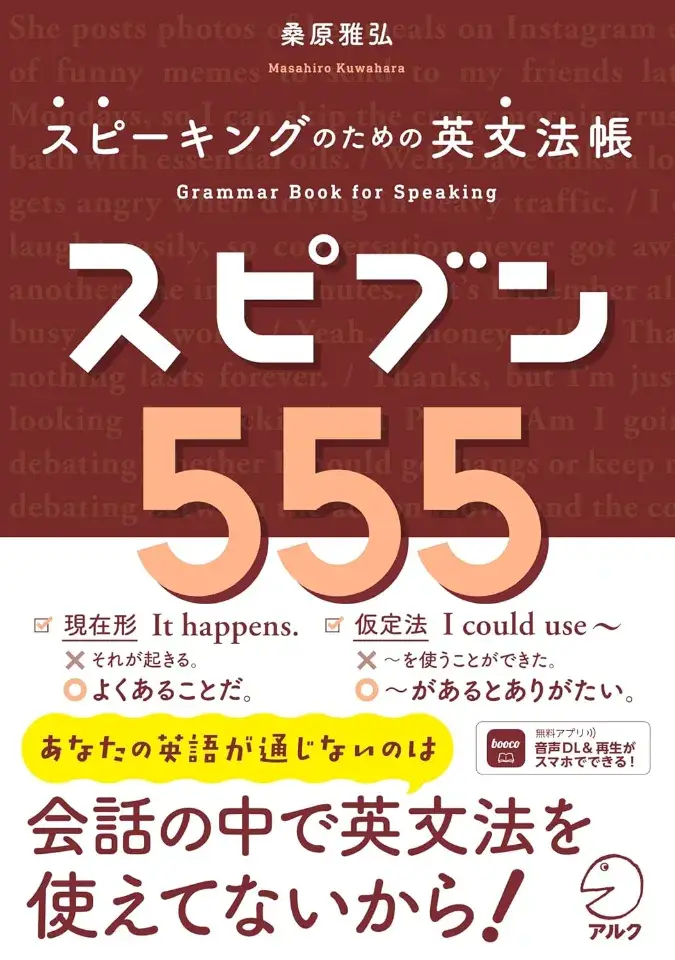
In English, “you” works everywhere. In Japanese, it all depends — on age, status, distance, even mood. Below is a quick guide to common “you” words and, more importantly, the natural way Japanese speakers address someone in real life.
Quick Guide: Ways to Say “You”
There isn’t just one word for “you” in Japanese. Each option carries its own tone: polite, casual, blunt or even dramatic. Below are the most common ones you’ll hear (and sometimes only see in anime or dramas).
This article is based on a video by Fun Fun Nihongo, our Japanese learning content series.
あなた
- anata
Considered neutral, but could come off as polite or rude, depending on how it’s used. Not as commonly used in everyday conversation as you might expect.
きみ
- kimi
Friendly to casual; often to someone the same age or younger.
おまえ
- omae
Rough casual; between close friends in some groups but can sound rude.
あんた
- anta
Blunt and demeaning; avoid in polite contexts.
そちら
- sochira
Very polite, distant; used in customer service or formal phone calls.
おぬし
- onushi
Old-fashioned samurai style; dramatic, for jokes or period dramas.
きさま
- kisama
Hostile, “villain mode”; almost only in fiction. Avoid in real life.
What We Usually Say Instead
In real conversations, Japanese speakers normally use the person’s name (+さん) instead of a pronoun.
ラッファさんは、カルボナーラが好きだよね?
Raffa-san wa karubōnāra ga suki da yo ne?
You like carbonara, right?ことねさんは、今日の夜ひま?
Kotone-san wa kyō no yoru hima?
Are you free tonight?先生、こちらでよろしいですか?
Sensei, kochira de yoroshii desu ka?
Mr./Ms/ (surname), is this OK here?
Safe, Handy Alternatives (No “You” Needed)
お名前は何ですか。
O-namae wa nan desu ka.
What’s your name?ご出身はどちらですか。
Go-shusshin wa dochira desu ka.
Where are you from?こちらの席で大丈夫ですか。
Kochira no seki de daijōbu desu ka.
Is this seat OK (for you)?
Quick Do’s & Don’ts
- Use names or titles (〇〇さん / 先生 / 店長) instead of “you” in most situations.
- Reserve anata for neutral situations where a name isn’t available.
- Be careful with kimi/omae/anta—they can sound condescending or rude outside close relationships.
- Treat onushi/kisama as fictional or playful references, not real-life choices.
Follow Us on Social Media
Want more fun Japanese learning content? We post weekly videos, quizzes and cultural tips across multiple platforms!






